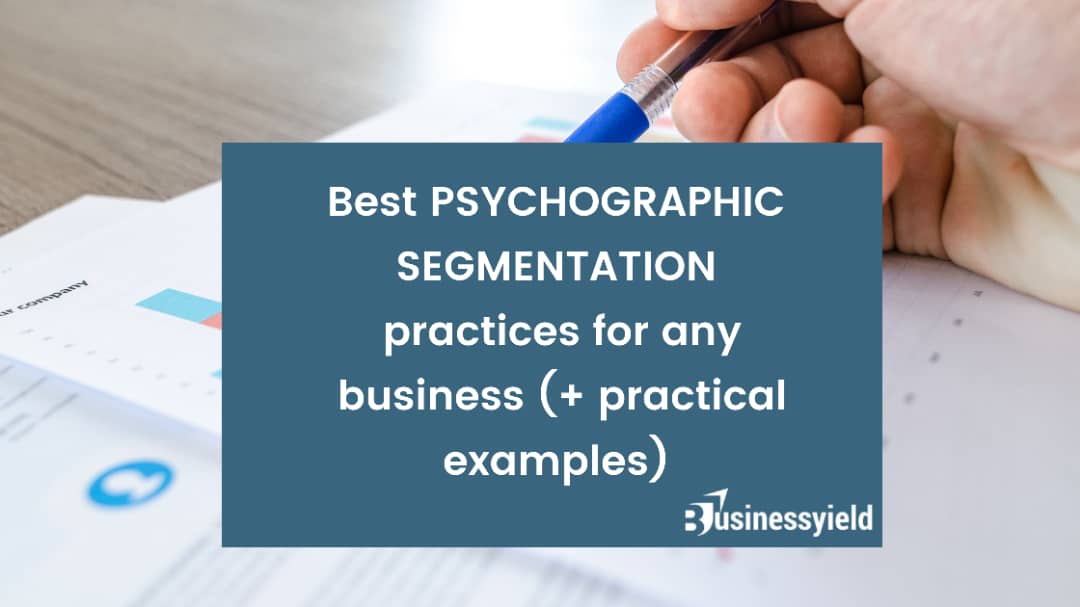Employment at will (EAW) is a legal doctrine that states that an employee can be dismissed by an employer for any reason or for no reason. It is also referred to as “employment without cause.” EAW is the default employment status in the United States. The US EAW means that an employee is not bound by a contract, and can be dismissed at any time.
In this article, we’ll discuss the meaning of employment at will, examples, exceptions, and every single detail about the subject matter.
At-Will Employment Example
An example of an EAW situation would be if a company that pays its workers by the hour decides to dismiss one of its workers. The employer does not need to provide a reason for the termination and does not need to provide any notice. The employee can be terminated at any time and for any reason, or for no reason.
Another example of an EAW is when an employee is hired for a specific project and the employer decides to fire the employee before the project is done. Again, the employer does not need to provide a reason for the termination. Most times, the employer does not even need to provide any notice.
It’s important to remember that employers are not allowed to fire people because of their race, gender, religion, age, or disability. Employers must also follow all applicable laws and regulations when terminating an employee.
Employment at Will States
In the United States, the default employment status is EAW, which means that an employee does not have a contract and can be dismissed at any time. All 50 states recognize EAW, but some states may have laws that limit or restrict how it can be used. For instance, some states may require employers to give a written warning to an employee before dismissal.
What Are the Exceptions to Employment At-Will?
However, there are some drawbacks to working at will. In some cases, either an employer or an employee may be required to follow stricter guidelines than is typical for at-will employment. Here are some examples of such exceptions:
Employment contracts
An employee who has an employment contract or is covered by a collective bargaining agreement may have rights that are not available to individuals who are employed at will.
Implied contracts
Whether or not a legal document exists, an implied contract may prevent an employer from firing an employee. However, such an agreement can be difficult to validate, and the employee bears that burden. The employer’s policy book or new-hire handbook may contain clauses that support the employee’s claim that he or she can only be fired for good reason.
Good faith and fair dealing
Another exception to employment at will is an implied covenant of good faith and fair dealing. Employers are not permitted to fire employees in order to avoid duties such as paying for healthcare, retirement, or commission-based work under this scenario.
Public policy
Employers are not permitted to fire employees at will if doing so would violate their state’s public policy exception. Employers are not permitted to fire or seek damages from an employee if the employee’s reason for leaving benefits the public.
At-Will Employment vs Contract
The main difference between EAW and an employment contract is that an employment contract is a legally binding agreement between the employer and employee that outlines the terms and conditions of employment. An employment contract is typically written and signed by both parties and can only be terminated for specific reasons that are outlined in the contract.
In contrast, EAW is the default employment status in the United States, meaning that an employee is not bound to a contract and can be dismissed at any time. An employer does not need to provide a reason for the termination and does not need to provide any notice.
What is the opposite of at-will employment?
The opposite of EAW is an employment contract. An employment contract is a legally binding agreement between the employer and the employee. The contract outlines the terms and conditions of your employment. Most of the time, both parties write and sign an employment contract. However, it can only be broken for reasons that are spelled out in the contract.
Why is employment-at-will good?
EAW is beneficial for both employers and employees. For employers, it provides flexibility in staffing decisions and allows them to terminate employees quickly and easily, if necessary. For employees, it provides job security, as they cannot be dismissed for arbitrary or unjustified reasons.
Additionally, EAW allows employers to hire and terminate employees quickly and easily, which can help them adjust to changes in demand or to the economic situation. This can help businesses save money and remain profitable.
What is the difference between a contract and an at-will employee?
The main difference between a contract and an EAW employee is that an employment contract is a legally binding agreement between the employer and employee that outlines the terms and conditions of employment. An employment contract is typically written and signed by both parties and can only be terminated for specific reasons that are outlined in the contract.
In contrast, EAW is the default employment status in the United States, meaning that an employee is not bound to a contract and can be dismissed at any time. An employer does not need to provide a reason for the termination and does not need to provide any notice.
Which is an accurate statement about employment-at-will?
A statement that is accurate about EAW is that it is the default employment status in the United States, meaning that an employee is not bound to a contract and can be dismissed at any time. An employer does not need to provide a reason for the termination and does not need to provide any notice.
What are the disadvantages of at-will employment?
The main disadvantage of EAW is that it provides less job security for employees. Since employees can be dismissed at any time and for any reason, or for no reason, they have no legal protection against termination. Additionally, employers can use EAW as a way to terminate employees for discriminatory reasons, such as race, gender, religion, age, or disability.
Can an employer dismiss an employee at-will?
Yes, an employer can dismiss an employee’s EAW. However, employers must follow all applicable laws and regulations when terminating an employee. Additionally, employers are not allowed to terminate employees for discriminatory reasons, such as race, gender, religion, age, or disability.
What is the employment at will strategy?
The EAW strategy is a strategy that employers can use to maximize the benefits of EAW. This strategy involves hiring employees on a temporary or project basis, rather than on a permanent or full-time basis. This allows employers to quickly and easily adjust to changes in demand or to the economic situation.
Can a private company terminate an employee without notice?
Yes, a private company can terminate an employee without notice. However, employers must follow all applicable laws and regulations when terminating an employee. Additionally, employers are not allowed to terminate employees for discriminatory reasons, such as race, gender, religion, age, or disability.
What are the 3 types of employment status?
The three types of employment status are;
#1. Employee
Employees are the major group of people at work. If you have an employment contract, you are considered an employee. A contract is created when you and your employer agree on the terms and conditions of employment; it need not be in writing. As an employee, you qualify for all employee privileges. However, some privileges must be exercised by an employee for a specified period of time in order to be eligible. It will be specified in an employment contract how long this qualification period is.
#2. Worker
Any person who performs work or provides services on behalf of an employer is considered a worker, regardless of whether they are doing it under an employment contract or another agreement.
Fundamental job rights and safeguards are due to workers. People from the following categories are more likely to be workers than employees:
- agency workers
- short term casual workers
- some freelancers
#3. Self-employed
If you work for yourself, you do not have an employment agreement with a company. It’s more likely that you’ll have a contract to offer services for a charge over a set length of time and run your own independent firm. You will be responsible for paying your own taxes and National Insurance Payments.
As a self-employed person, you don’t have employment rights per se because you are responsible for setting your own rates for services and vacation time.
You do have a few legal safeguards. On the property of your client, you have the right to a safe and healthy working environment and are not subject to discrimination.
Is a CEO an at-will employee?
No, a CEO is not an EAW employee. A CEO is typically employed on a permanent basis and has an employment contract that outlines the terms and conditions of employment. The employment contract typically states that the CEO can only be terminated for specific reasons that are outlined in the contract.
Conclusion
In conclusion, EAW is the default employment status in the United States. This means that an employee is not bound by a contract and can be fired at any time. EAW is good for both employers and employees because it gives employers more freedom in staffing decisions and gives employees more job security. But there are some times when EAW doesn’t apply, such as when public policy or an employment contract says otherwise. Additionally, employers must follow all applicable laws and regulations when terminating an employee.
If you are an employer who is considering hiring an employee under an EAW, it is important to understand the implications and to ensure that you are complying with all applicable laws and regulations. Additionally, it is important to understand the difference between an EAW employee and a contract employee, as well as the advantages and disadvantages of EAW.
We hope this article has provided you with a better understanding of employment at will and its implications.
- LETTER OF TERMINATION: Definition, How to Write One and Samples
- HARASSMENT CHARGES: How to Press Harassment Charges
- WORK CONTRACT: Meaning, Types & Template
- HOW TO TERMINATE AN EMPLOYEE: Handling Termination of an Employee
- AT-WILL EMPLOYMENT: Meaning, Advantages, and Disadvantages






